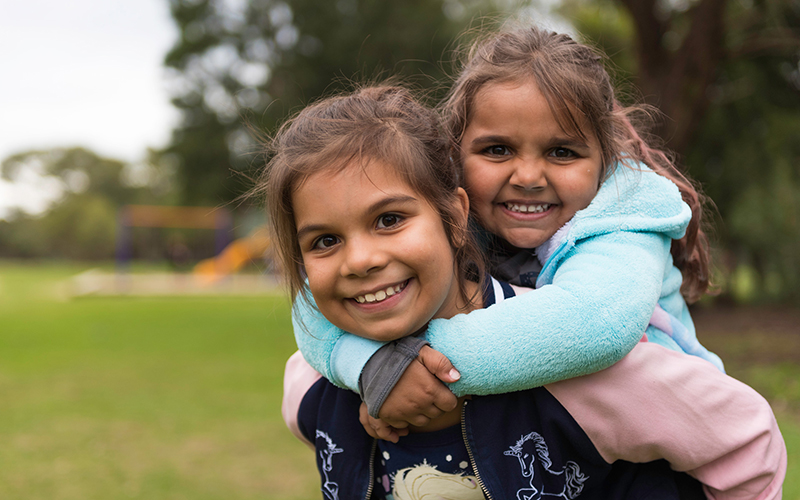Search
Reports of a rise in childhood cancer incidence in Australia and globally prompted the investigation of cancer incidence and survival in South Australia and the Northern Territory over a 28-year period, with emphasis on Indigenous peoples.
The Northern Territory and Far North Queensland have a high proportion of Aboriginal and Torres Strait Islander women birthing who experience hyperglycaemia in pregnancy. A multi-component health systems intervention to improve antenatal and postpartum care in these regions for women with hyperglycaemia in pregnancy was implemented between 2016 and 2019.
Due to an advanced understanding of cancer biology and the rapid development of genomic technologies, cancer has shifted from 200 diseases based on pathology (i.e., what a tumor looks like under the microscope) to thousands of diseases based on molecular tumor profiles (i.e., what a tumor looks like when its altered genome is interrogated). Most cancers arise from alterations to the genome, including changes in the number or structure of chromosomes and variations in a single building block of the genetic code.
To explore the training needs of the home care workforce in supporting the social and emotional wellbeing of Aboriginal and Torres Strait Islander peoples receiving aged care services through the Home Care Package Program.
In-solution hybridisation enrichment of genetic variation is a valuable methodology in human paleogenomics. It allows enrichment of endogenous DNA by targeting genetic markers that are comparable between sequencing libraries. Many studies have used the 1240k reagent-which enriches 1,237,207 genome-wide SNPs-since 2015, though access was restricted.
Type I regulatory (Tr1) cells are defined as FOXP3-IL-10-secreting clusters of differentiation (CD4+) T cells that contribute to immune suppression and typically express the markers LAG-3 and CD49b and other co-inhibitory receptors. These cells have not been studied in detail in the context of the resolution of acute infection in the lung.
Cardiovascular disease and type 2 diabetes mellitus are leading contributors to the health inequity experienced by Aboriginal and Torres Strait Islander peoples, and their antecedents can be identified from early childhood. We aimed to establish the quality of available data and the prevalence of cardiometabolic risk markers among Aboriginal and Torres Strait Islander children and youths (0-24-year-olds) to inform public health approaches.
High quality intervention research is needed to inform evidence-based practice and policy for Aboriginal and Torres Strait Islander communities. We searched for studies published from 2008-2020 in the PubMed database. A narrative review of intervention literature was conducted, where we identified researcher reported strengths and limitations of their research practice.
The Model of Care supports the health of women and their babies with cardiometabolic complications of pregnancy and aids in the prevention and management of cardiometabolic disease in the short and long-term. It was co-designed by Aboriginal women with lived experiences of cardiometabolic complications in pregnancy.

A new national network will be established to advance the benefits from Genomic Medicine for Aboriginal and Torres Strait Islander people living in Australia.
